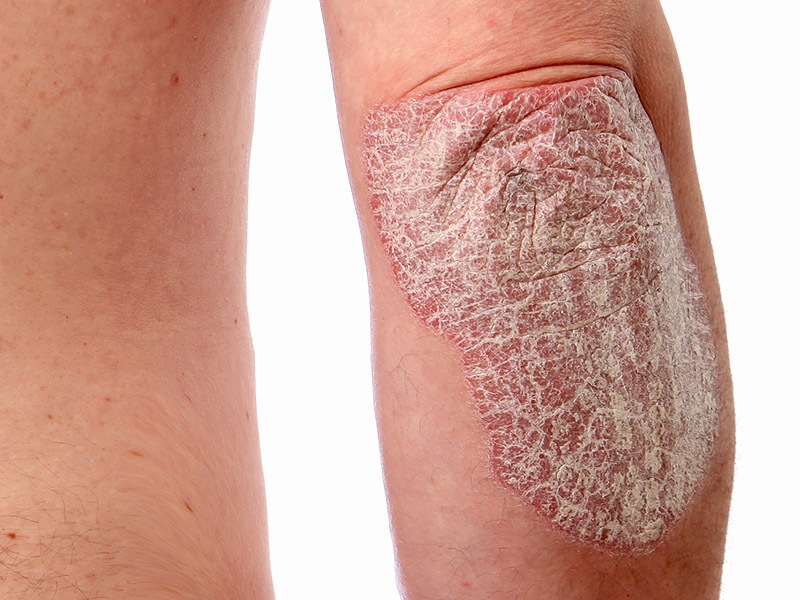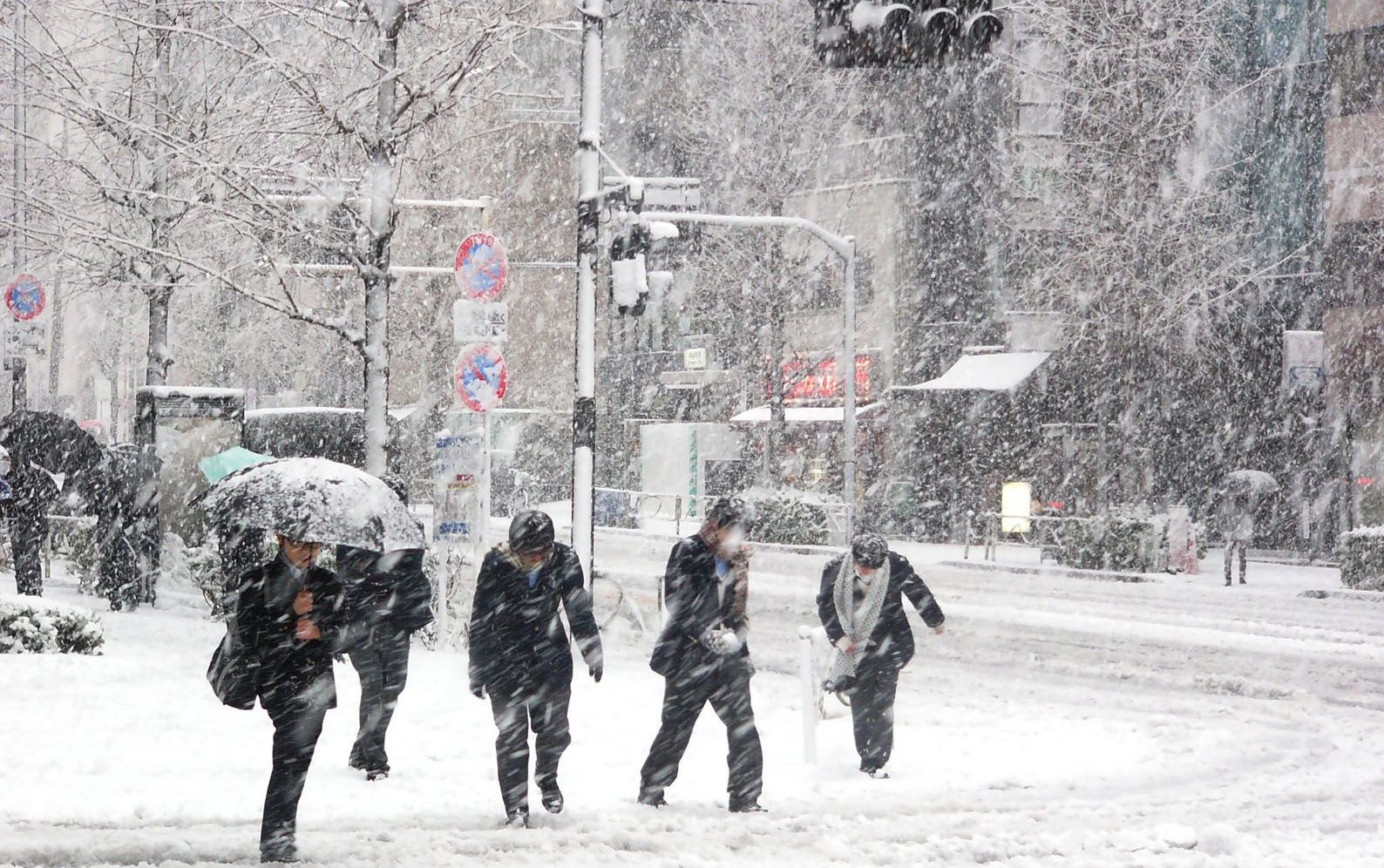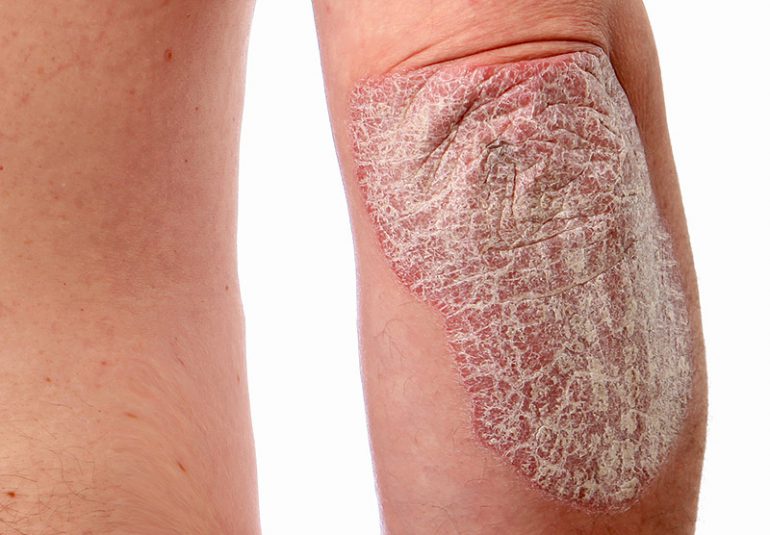
You can reduce flare-ups by learning to spot things that make your psoriasis worse. Follow these tips to help keep your skin condition under control.

Stress
It’s one of the most common triggers, says dermatologist Colby Evans, MD, chairman of the board of directors of the National Psoriasis Foundation.
Stress puts your body in a protective mode. It sends out the chemicals that cause inflammation and lead to flares.
What you can do: Try exercise, yoga or massage, Evans suggests, or take up hobbies you enjoy. They can ease your stress. So can techniques like progressive muscle relaxation, focused breathing, and mindfulness meditation
You can talk to a therapist or stress-management counselor to get more ideas.

Weather Changes
"When the weather is colder and drier, psoriasis tends to flare," Evans says.
What you can do: Use a moisturizer, Lebwohl suggests. A cool-mist humidifier in your bedroom can also help.
Many psoriasis treatment centers have phototherapy units, too. Or you can get one for your home. They mimic sunlight and may help ease your symptoms. Talk to your doctor to see if it's the right treatment for you.
Medications
Some drugs can trigger flares, like those used to treat high blood presure, bopolar disorder, and other conditions. Even an over-the-counter anti-inflammatory like ibuprofen can cause a flare.
What you can do. "It is important to let any doctor who is prescribing you medication know that you have psoriasis," Evans says.
Sometimes your doctor may be able to prescribe another drug that doesn't lead to flare-ups. Or she may be able to lower the dose of your medicine.
Cuts and Bruises
If your skin is cut or injured, you could get a flare in that area. Your doctor may call this the "Koebner phenomenon."
What you can do. Cut back on activities that could create friction or lead to you getting hurt, Lebwohl says.
If you have a skin injury and notice a flare-up starting in that area, treat it right away.
Infection
Some infections, like strep throat, can trigger psoriasis.
An earache, bronchitis, or a respiratory infection can also be to blame. People who have tonsillitis that keeps coming back also seem to have more flares, Lebwohl says.
What you can do: Ask your doctor if you should consider getting your tonsils removed if you have the condition often. It doesn't prevent psoriasis, but it may help cut back on flares. This hasn't been scientifically proven, and not all doctors agree, Lebwohl says.
Get treated for strep throat, too. If you have a flare-up but don't have strep symptoms, ask your doctor if you should get tested for it. You can have it without any symptoms.
Alcohol
Drinking it may make your skin condition worse. It may also keep treatments from working like they should. There's a link between binge drinking and psoriasis, Lebwohl says, but it isn't clear why.
Drinking can also make it hard to get your psoriasis under control.
What you can do: Ask your doctor if alcohol will interfere with your treatment. If you drink, limit it to no more than one drink a day if you're a woman or two drinks a day if you're a man.
Smoking
It can make your condition worse and harder to control.
What you can do: Try to cut back or quit. Talk to your doctor about ways to break the habit.


